API 5L ERW steel pipe is a cost-effective and durable solution for oil and gas transportation. It follows the strict standards set by the American Petroleum Institute. These pipes are widely recognized for their excellent performance, reliability, and versatility across multiple industries.
API 5L is a standard for pipeline steel pipes developed by the American Petroleum Institute (API). It is primarily used for pipelines transporting fluids such as oil and natural gas, and specifies the material grades, manufacturing processes, chemical composition, and mechanical properties of the steel pipes.
What Is API 5L ERW Steel Pipe?
ERW stands for Electric Resistance Welded. API 5L ERW steel pipes are manufactured by welding the edges of steel plates or coils using high-frequency electric current. This process creates a strong longitudinal seam. Compared with seamless pipes, ERW pipes are more economical and suitable for large-scale pipeline projects.
Chemical Composition and Mechanical Properties
API 5L ERW steel pipes contain carbon, manganese, phosphorus, and sulfur in their composition. This balance ensures strength and toughness.
Tensile strength: minimum 415 MPa
Yield strength: minimum 245 MPa
Elongation: 23% or higher
The addition of manganese improves hardness, wear resistance, and durability, making these pipes ideal for demanding applications.
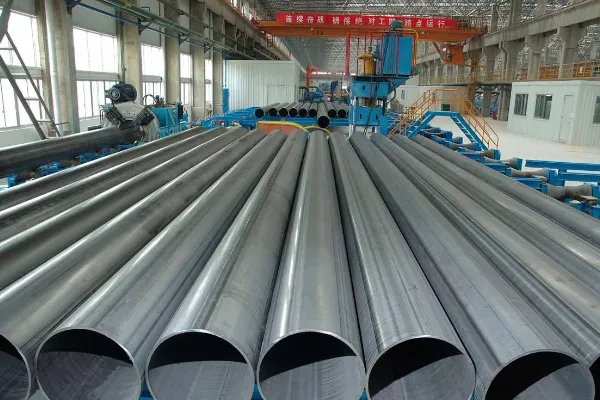
Advantages of API 5L ERW Pipes
Compared to traditional seamless and other welded steel pipes, API 5L ERW steel pipe offers a number of significant advantages:
1.High Strength and Reliability: The weld formed by the autogenous melting of the base metal during welding possesses mechanical properties that approach or even exceed those of the pipe itself, with tensile strengths ranging from 414-965 MPa and yield strengths from 241-552 MPa, depending on the specific steel grade.
2.High Dimensional Accuracy: The outer diameter tolerance can be controlled within ±0.75%, and the wall thickness tolerance is generally ±0.2%, ensuring compatibility and sealing during installation.
3.Excellent Surface Quality: The weld reinforcement is small and uniform, with a highly smooth surface, providing an ideal base for subsequent 3PE anti-corrosion coating.
4.Outstanding Economical Performance: Production costs are approximately 20-30% lower than those of seamless steel pipe, with short production cycles and high material utilization, making it suitable for large-scale procurement.
5.Complying with Internationally Authoritative Standards:The production process strictly adheres to API 5L standards, covering PSL1 and PSL2 grades. This standard is widely used in the global oil and gas pipeline industry, and the product has a high degree of international recognition.
API 5L ERW steel pipes primarily use carbon steel and low-alloy steel as base materials. Common grades include Q195, Q235, Q345, and A53 Gr.B. Stainless steel or alloy steel can also be used upon request. Steel grades range from Gr.A, Gr.B to X80 in the API 5L PSL1/PSL2 standards, meeting transportation requirements under varying pressures.






 English
English Español
Español بالعربية
بالعربية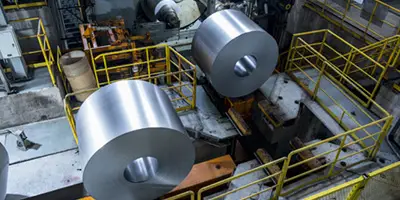
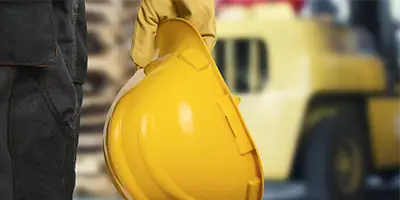
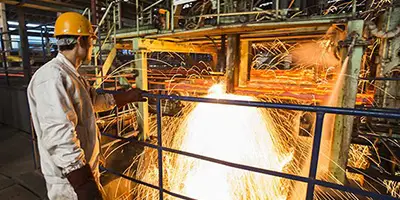
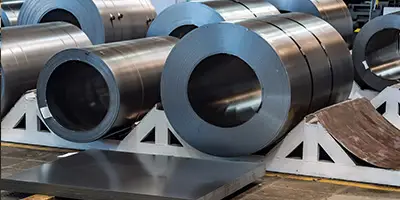

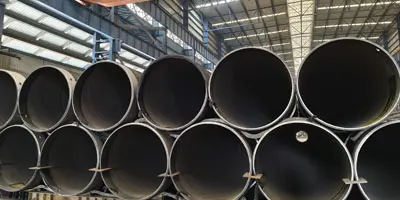
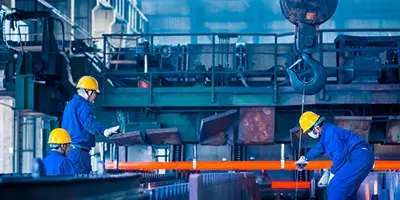
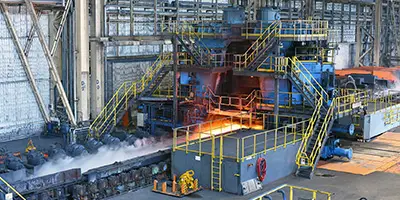
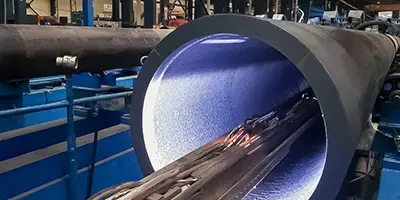
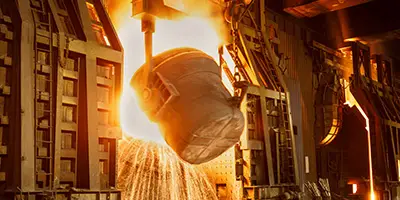
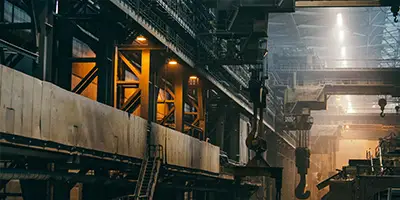

 Phone :
Phone :  Whatsapp :
Whatsapp :  Email :
Email : 


